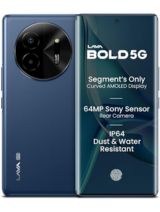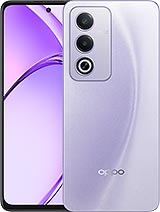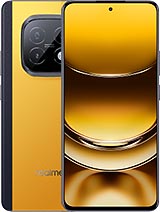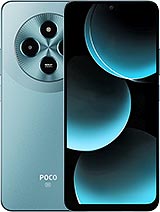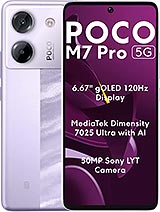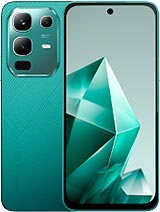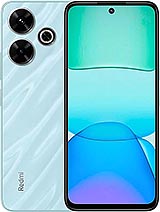Motorola Moto G85 alternatives
Tap above to see alternatives.
Redmi 13 alternatives
Tap above to see alternatives.
Motorola Moto G85

Motorola Moto G85
-
Snapdragon 6s Gen 3
6 nm
-
5000 mAh
33W
-
6.67"
1080x2400 pixels
-
50 MP
1080p@30/60fps
2x2.2 GHz Kryo 660 Gold
6x1.7 GHz Kryo 660 Silver
2x2.2 GHz Cortex-A78
6x2.0 GHz Cortex-A55
8GB 256GB (UFS 2.2)
12GB 256GB (UFS 2.2)
8GB 128GB (UFS 2.2)
8GB 256GB (UFS 2.2)
f/1.8 (wide), 1/1.95", 0.8µm, PDAF, OIS
8 MP
f/2.2, 118˚ (ultrawide), 1.12µm, AF
f/1.8, (wide), 0.64µm, PDAF
2 MP
(depth)
f/2.4, (wide), 0.7µm
f/2.5, (wide)
SIM1: Nano, SIM2: Nano
SIM1: Nano, SIM2: Nano (Hybrid)
FDD: N1, N3, N5, N7, N8, N20, N28
TDD: N38, N40, N41, N77, N78
FDD: N1, N3, N5, N8, N28
TDD: N40, N78
FDD: N1, N3, N5, N7, N8, N20, N28
TDD: N38, N40, N41, N77, N78
FDD: N1, N3, N5, N8, N28
TDD: N40, N78
In this comparison, the Motorola Moto G85 with the Qualcomm Snapdragon 6s Gen 3 (6nm) performs better than the Redmi 13 with the Qualcomm Snapdragon 4 Gen 2 AE (4nm), thanks to its more efficient chipset.
Both phones offer the same OS update support and receive security updates for the same duration.
Motorola Moto G85 has a superior AMOLED display, while Redmi 13 uses an LCD panel. They have the same 120 Hz refresh rate. Motorola Moto G85 also has a brighter display with 1600 nits, improving outdoor visibility. These phones have the same resolution.
Redmi 13 has a larger 5030 mAh battery for longer usage. They support 33W wired charging.
Redmi 13 offers better water and dust resistance with an IP53 rating.

